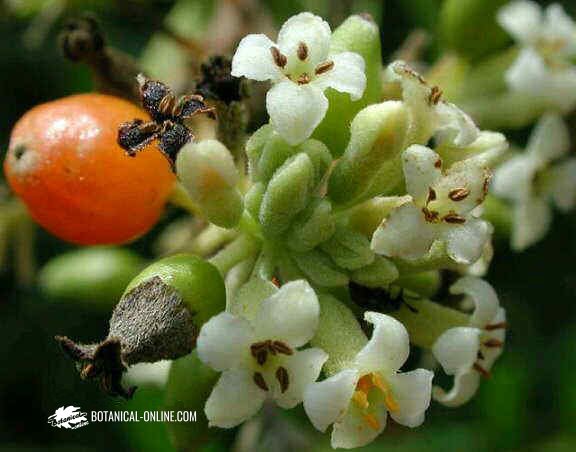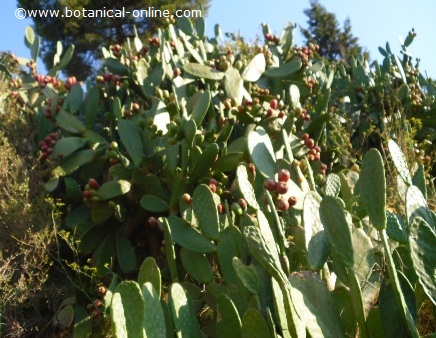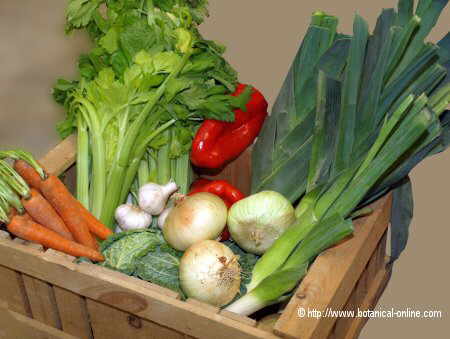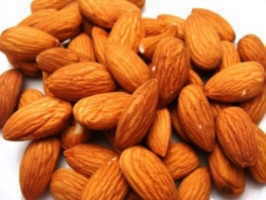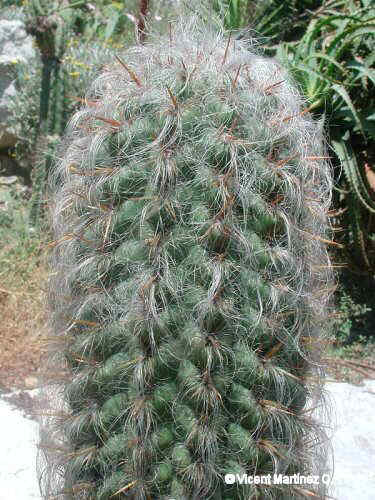Contents
What is an ecological pesticide?
Currently the certificate of organic farming only takes into account that the pesticides used are of natural origin and prohibits those of artificial origin.
But, technically, this claim seems to respond only to a marketing issue, because natural insecticides are not always ecological because, in some cases, they are very aggressive for many plants and animals.
Specificity of pesticides
Even if a natural insecticide is used, it may be that this product is non-specific and also affects bees and other pollinating insects, which would be very harmful to the environment.
In other words, for a pesticide to be organic it must be specific, that is, to attack only the plague or disease that affects the crop, and not harm the other animals of the ecosystem. Of course, it must also be a pesticide that respects the health of people and the environment, not be toxic or bioaccumulate.
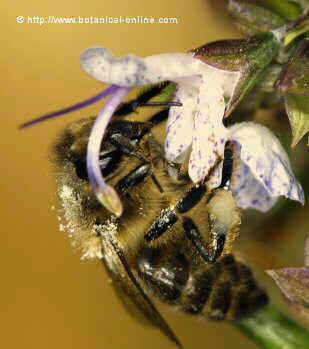
Examples of ecological pesticides harmful to the environment
Among the ecological pesticides harmful to the environment, perhaps the best known case is Spinosad, an authorized insecticide in organic farming capable of killing many pollinating insects.
Another example is copper, ecological antifungal, that with the rain filters in the subsoil causing the death of earthworms and other nematodes.
In this aspect, conventional agriculture is worse, since it also uses non-specific chemical insecticides that are aggressive to the environment. However, for some pests, treatments have been developed with specific artificial hormones that do not affect other animals, so they are specific and therefore more ecological.
Advantages of ecological pesticides
A big point in favor of the legislation on pesticides in organic farming, is that the seal of organic farming does not allow the use of organochlorine pesticides, which are very harmful because:
- They are persistent in the environment (they take centuries to disappear from the environment)
- They bioaccumulate in the body (more obesity, more of these pesticides in the body)
- They appear in the placenta and breast milk of women, thus reaching the fetus and the baby (with unknown health repercussions)
- They have a hormonal effect, they act as endocrine disruptors
- They have been linked to cancer. There seems to be a very clear relationship regarding the use of these components and brain cancer in children. They could also be related to breast cancer.
Natural or artificial pesticides?
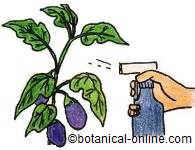
In summary, that an insecticide is of natural or synthetic origin does not mean that it does not affect many animals or that it is less toxic.
For a pesticide to be ecological, the specificity of the pesticide used should be taken into account, and for the moment, in the pesticide regulation of organic farming, only take into account that it is of natural origin and toxicity to humans (not over the ecosystem).
Does organic farming use antibiotics?
There is a myth that organic farming does not use antibiotics. Farms and beekeepers have the obligation to use authorized antibiotics (both organic and conventional). This is necessary because the diseases can spread to all the animals or to the whole swarm, producing in many cases the death of them.
Therefore, organic farming regulations do allow (and require) the use of antibiotics, although only those authorized by the regulation, which again are those of natural origin.
![]() More information on ecological food
More information on ecological food

